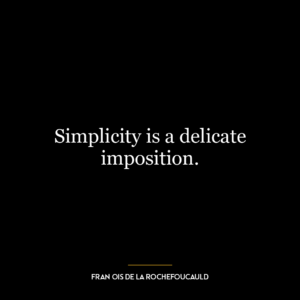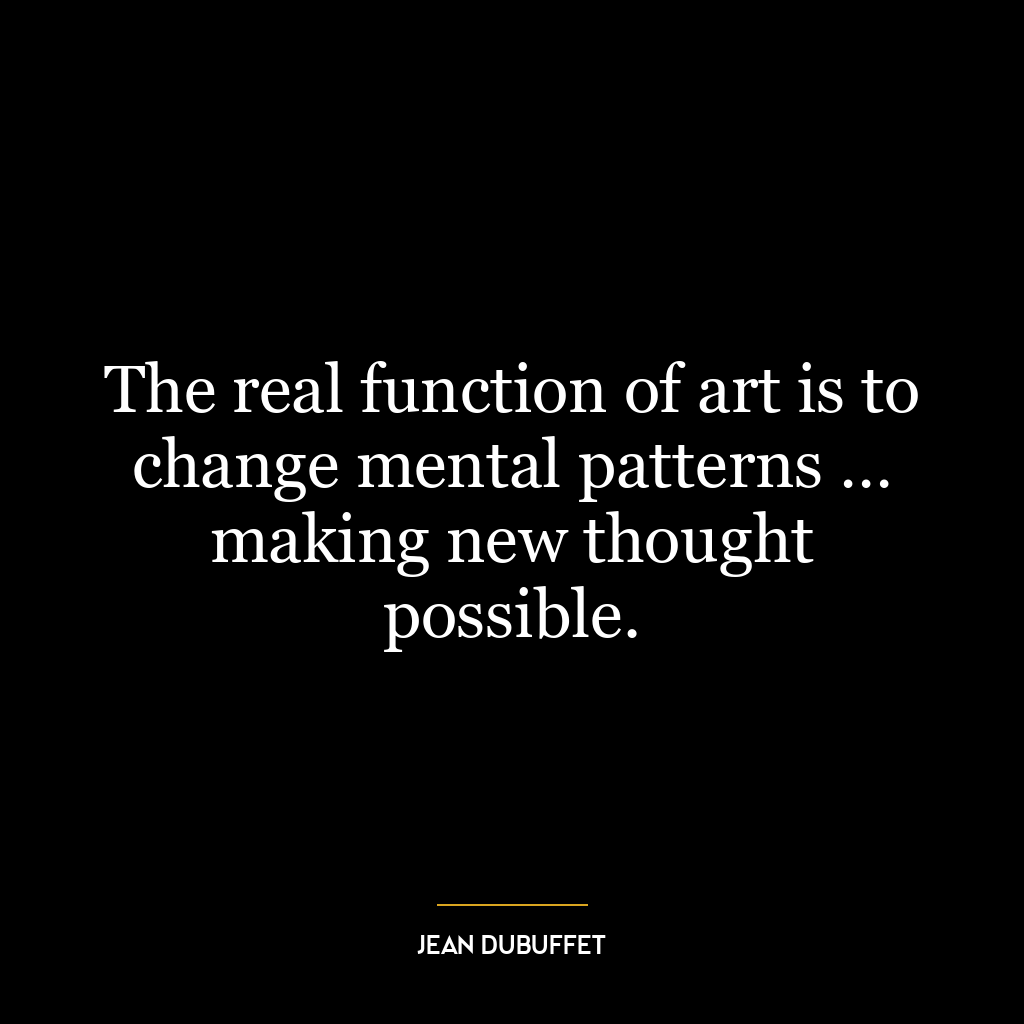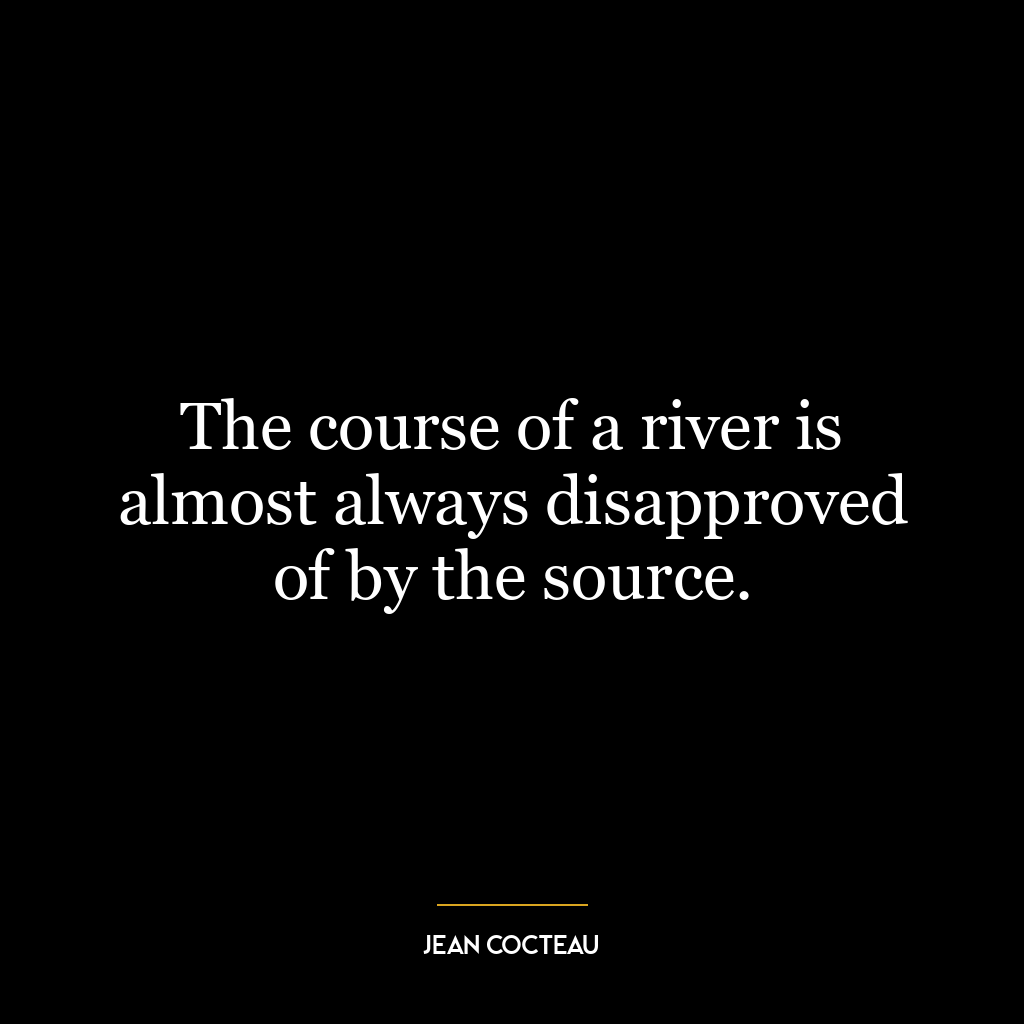This quote suggests that humans have a tendency to attribute positive motives to their actions, even when these actions are driven by circumstances beyond their control. In other words, when we stop engaging in our vices, we often convince ourselves that it’s because of our own willpower and moral strength, rather than acknowledging that it may be due to external factors or simply because we’ve grown tired of them.
The quote emphasizes our inclination to self-deception and self-flattery. We often paint a favorable image of ourselves, and in doing so, we overlook the fact that our virtues may not be a result of our deliberate efforts or moral superiority, but rather, a product of circumstance or necessity.
Applying this concept to today’s world, one can see how it plays out in various social and personal contexts. For example, a person might stop smoking not because they’ve made a conscious decision to live a healthier life, but because they can no longer afford to buy cigarettes. However, they might convince themselves and others that they quit smoking due to their strong willpower and commitment to health.
In terms of personal development, this quote serves as a reminder to be honest with oneself. Personal growth requires a clear understanding and acceptance of one’s faults and weaknesses. By acknowledging that our improvements may be a result of circumstance rather than personal strength, we can maintain a more realistic self-view and avoid falling into the trap of self-flattery. This self-awareness can help us focus on making genuine changes and improvements, rather than simply waiting for our vices to desert us.











